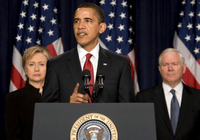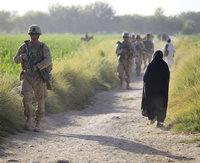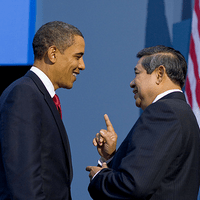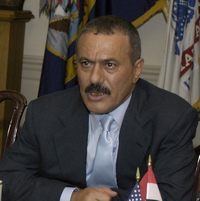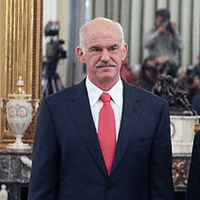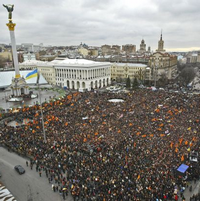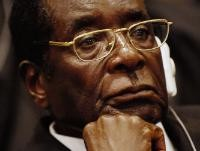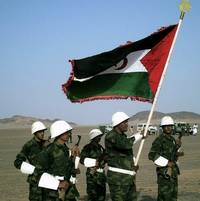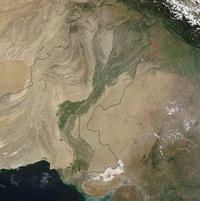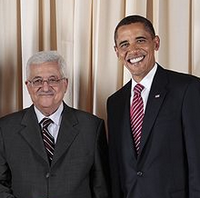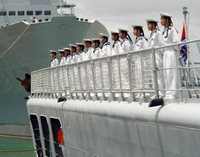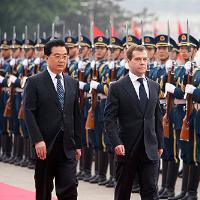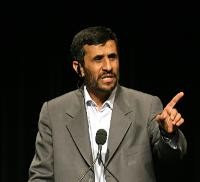
President Barack Obama is under increasing public pressure to alter his strategy on Iran. Instead of diplomatic engagement with the current regime to end the nuclear stand-off, many feel he should encourage its collapse — or at least its fundamental modification — at the hands of the Green Movement. According to this line of reasoning, it makes no sense for Washington to negotiate with a government that might be on the verge of being overthrown altogether. The risk of the alternative approach, of course, is that Iran might cross the nuclear finish line before the regime has been forced to […]

